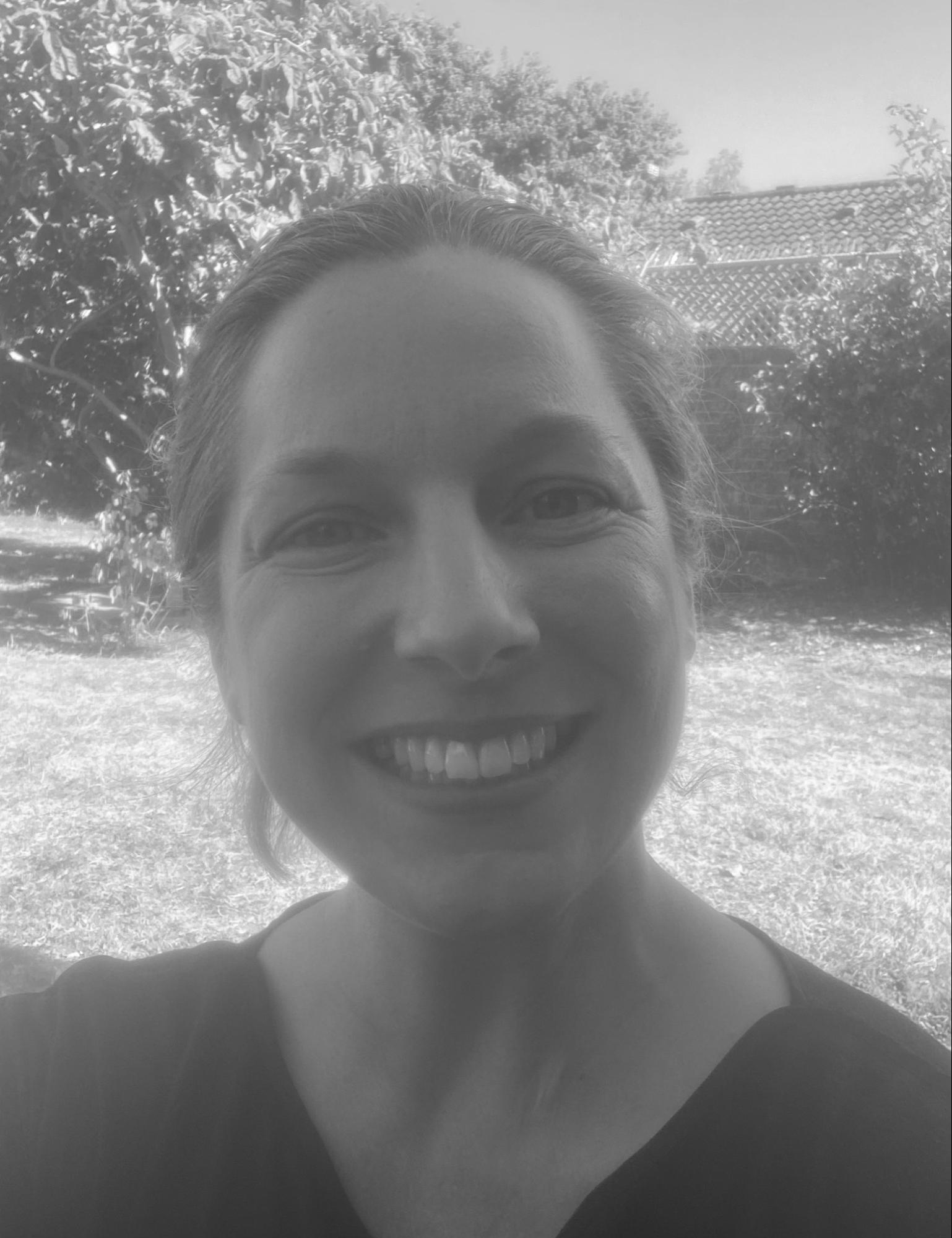Reduction of Unsaturated Compounds
Reduction of alkenes
- Alkenes are very useful compounds as they can undergo many types of reactions
- They can therefore be used as starting molecules when making new compounds
- The reaction between an alkene and hydrogen is known as hydrogenation or reduction
- As well as a nickel catalyst, this requires a temperature of 200 °C and a pressure of 1000 kPa
The reduction of ethene to ethane

Catalytic hydrogenation converts alkenes into useful alkanes
Reduction of alkynes
- Similarly, alkynes, CnH2n-2 , can be reduced to alkenes, CnH2n , and alkanes, CnH2n+2
- The number of molecules of hydrogen needed to convert the organic molecule to the corresponding saturated molecule is related to the number of multiple bonds in the molecule.
Reduction of alkynes to alkenes and alkanes

Alkenes require one molecule of hydrogen to be converted to an alkane. Alkynes require two molecules of hydrogen to be converted to an alkane
- One important application of this reaction is in the production of margarine from vegetable oils
- Vegetable oils are unsaturated and may be hydrogenated to make margarine, which has a higher melting point due to stronger London Dispersion Forces
- By controlling the conditions it is possible to restrict how many of the C=C bonds are broken and produce partially hydrogenated vegetable oils which have the desired properties and textures for margarine manufacture

